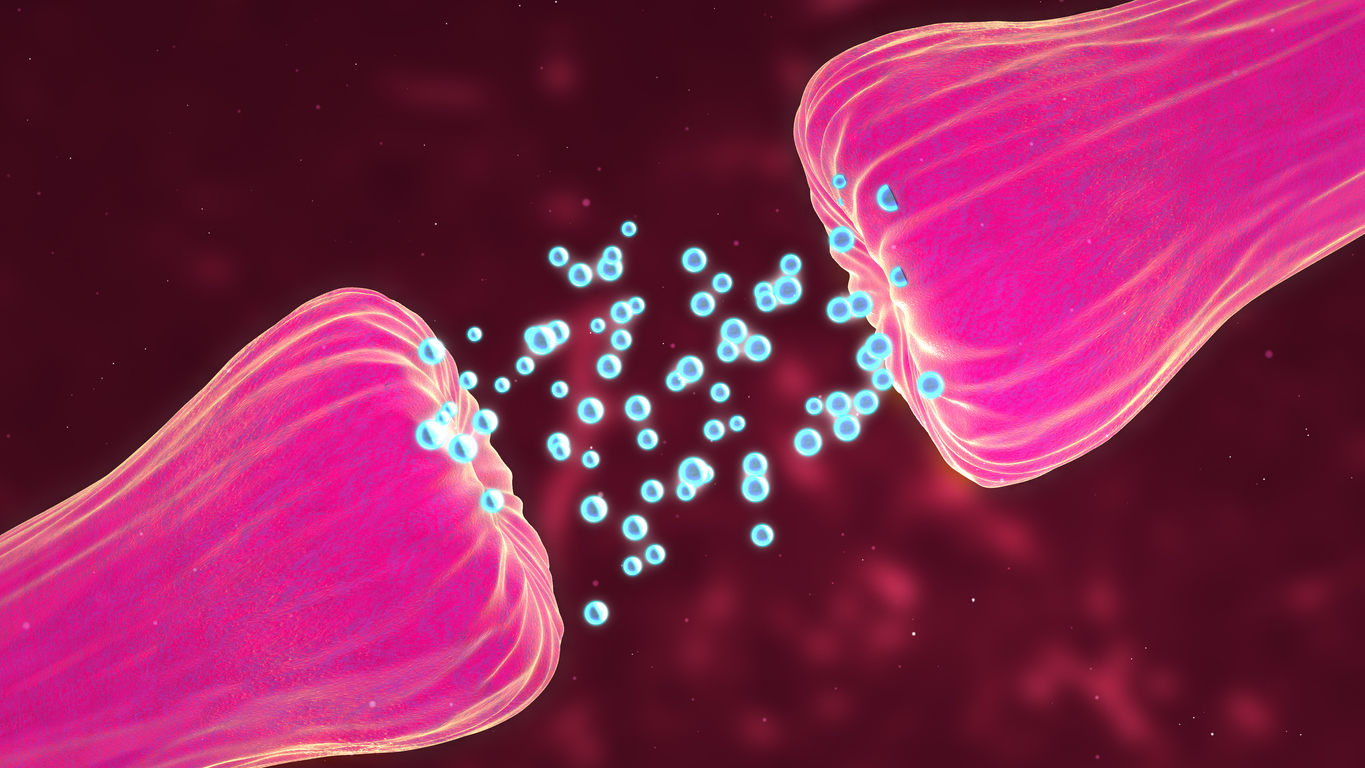Dietary cholesterol, as well as a range of other vital elements, are abundant in eggs. The question of whether or not eggs are healthy for one’s heart health produces mixed responses.
People who ate eggs on a regular basis (about one egg per day) had a much lower risk of cardiovascular disease and stroke than those who ate eggs less frequently, according to a Chinese study published in the journal Heart in 2018.
Now, a new population-based study looked at how egg consumption affects major blood markers of cardiovascular health. This was done to help the researchers grasp the relationship between the two better.
Researchers wanted to address this gap because few studies have looked at the role of plasma cholesterol metabolism in the link between egg consumption and cardiovascular disease risk, according to Lang Pan, MSc, of Peking University’s Department of Epidemiology and Biostatistics in Beijing, China. This study’s results were published in the journal Epidemiology and Biostatistics.
Eggs: Good for your heart?
From the China Kadoorie Biobank, Pan and his colleagues chose 4,778 people. 3,400 of these people had heart disease, while the other 1,300 did not.
Targeted nuclear magnetic resonance was used to examine 225 metabolites extracted from participants’ blood plasma samples. The samples were taken from the veins of the subjects. Twenty-four of these metabolites were found to be linked to the amount of eggs consumed by people.
Apolipoprotein A1 levels in the blood were greater in people who ate an average amount of eggs. HDL (high-density lipoprotein), sometimes known as “good cholesterol,” contains this protein. HDL levels in the blood were higher in people who ate modest amounts of eggs.
Large HDL molecules were found in much higher amounts in the blood of these individuals, which aid in the clearance of cholesterol from blood vessels and the prevention of blockages that can lead to heart attacks and strokes.
The researchers uncovered fourteen novel compounds that are associated to heart disease. In comparison to those who ate more eggs on a regular basis, those who ate less eggs had lower levels of beneficial metabolites and higher amounts of harmful metabolites in their blood.
Canqing Yu of Peking University’s Department of Epidemiology and Biostatistics says the findings provide a solid explanation for how eating reasonable amounts of eggs may help avoid heart disease. More research is needed to confirm the causative activity of lipid metabolites in the link between egg consumption and cardiovascular disease risk.
This study could have implications for Chinese national dietary standards as China’s average egg consumption, according to study, is lower than the one egg per day recommended by the country’s most recent health guidelines.
In order to reduce overall cardiovascular disease risk, the findings underline the significance of boosting efforts to promote moderate egg consumption among the general public.
Story Source: Original press release by eLife. Note: Content may be edited for style and length by Scible News.
References
Lang Pan, Lu Chen, Jun Lv, Yuanjie Pang, Yu Guo, Pei Pei, Huaidong Du, Ling Yang, Iona Y Millwood, Robin G Walters, Yiping Chen, Weiwei Gong, Junshi Chen, Canqing Yu, Zhengming Chen, Liming Li. Association of egg consumption, metabolic markers, and risk of cardiovascular diseases: A nested case-control study. eLife, 2022; 11 DOI: 10.7554/eLife.72909






